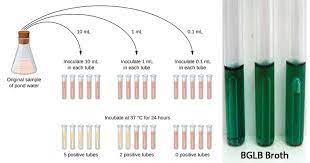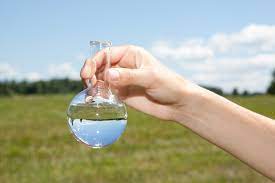Biodata is factual kinds of questions about life and work experiences, as well as items involving opinions, values, beliefs, and attitudes that reflect a historical perspective.
Since the respondent replies to questions about themselves, there are elements of both biography and autobiography. The basis of biodata‘s predictive abilities is the axiom that past behavior is the best predictor of future behavior.
Biographical information is not expected to predict all future behaviors but it is useful in personnel selection in that it can give an indication of probable future behaviors based on an individual‘s prior learning history.
Biodata instruments (also called Biographical Information Blanks) have an advantage over personality and interest inventories in that they can capture directly the past behavior of a person, probably the best predictor of his or her future actions.
These measures deal with facts about the person‘s life, not introspections and subjective judgments.
Water QualityWater Quality
Water Quality can be defined as the chemical, physical and biological characteristics of water, usually in respect to its suitability for a designated use.
As we all know, water has many uses, such as for recreation, drinking, fisheries, agriculture and industry. Each of these designated uses has different defined chemical, physical and biological standards necessary to support that use.

For example, we expect higher standards for water we drink and swim in compared to that used in agriculture and industry.
Read Also : Recycling and Reuse Alternatives to Waste Management
What is Water Quality Analysis? Water quality standards are put in place to ensure the efficient use of water for a designated purpose. Water quality analysis is to measure the required parameters of water, following standard methods, to check whether they are in accordance with the standard.
Why Water Quality Analysis is required? Water quality analysis is required mainly for monitoring purpose. Some importance of such assessment includes:
- To check whether the water quality is in compliance with the standards, and hence, suitable or not for the designated use.
- To monitor the efficiency of a system, working for water quality maintenance.
- To check whether up gradation / change of an existing system is required and to decide what changes should take place.
- To monitor whether water quality is in compliance with rules and regulations.

